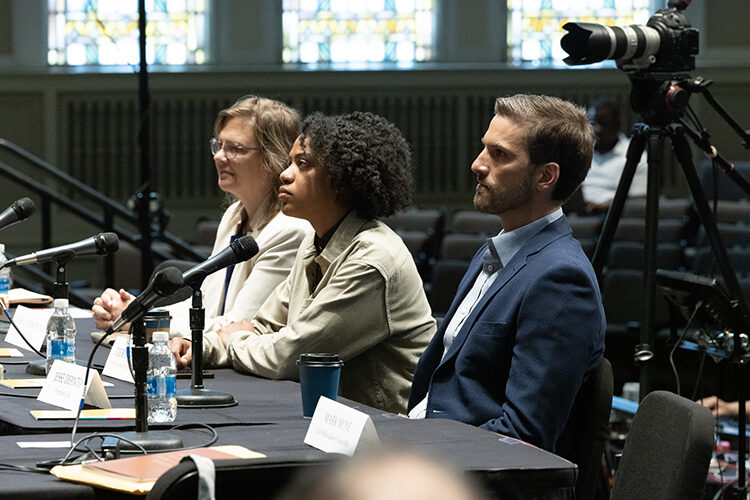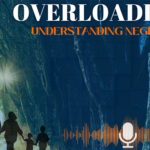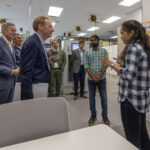A dozen years ago, UWM physics professor Carol Hirschmugl helped to create a material that could vastly improve the performance of lithium-ion batteries. She and her research partner, fellow physics professor Marija Gajdardziska-Josifovska, filed a patent through the UWM Research Foundation.
At that point, Hirschmugl said, “I thought someone would come to my door and want to scale that and start a company. When nothing happened over the next four years, I realized that was not going to happen.”
So she immersed herself in finding out how to commercialize the product and “deliver something of use to the world.” She joined the Milwaukee (now the Midwest) I-Corps program at the Lubar Entrepreneurship Center. Funded by the National Science Foundation, the I-Corps program trains academics to turn research discoveries into products and startup companies.
UWM’s innovation ecosystem also gave the pair access to seed funding and small business development grants through the Research Foundation. And their subsequent participation in the national I-Corps training gave them the chance to connect with potential customers, including some from high-profile companies.
Hirschmugl is one of the people Chancellor Mark Mone invited to a panel discussion of the entrepreneurial culture at UWM at the UW System Board of Regents meeting held on campus Friday. Two other panelists included Jesse DePinto, engineering alum and CEO of Frontdesk, and Tiera Trammell, program manager for the Lubar Entrepreneurship Center.
An ecosystem for everyone
“Our Lubar Entrepreneurship Center is not something that is intentionally designed to be from any particular school or college,” Mone said. “And that fact is having tremendous dividends for us and our students. What we know is that entrepreneurship enhances the experience for all students. It increases the impact of their educations.”
Across the UW System, students and faculty are contributing to the U.S. economy while working on the business of higher education. At UWM, a culture of innovation is evident from the moment a potential student enters the campus Welcome Center, said Trammell, because the LEC shares the space.
“Through its programming, we provide students and community members with pathways to innovation and important connections,” Trammell said. The LEC’s core programs include the Midwest I-Corps site and the Startup Challenge, which teaches “design thinking” and customer discovery so that students and community members can launch a startup idea. It also offers workshops, pop-ups and other events that drive discussion around different aspects of entrepreneurship.
“UWM is the largest minority serving institution in the UW System, and so we’re very strategic about working with identity-based and multicultural offices to make sure we’re serving all UWM students,” she said.
Trammell participated in the Startup Challenge in 2020 when it was expanded to include community members as well as students. She views LEC programming as a bridge from college to career.
From graduation to career
That’s what happened to UWM engineering alum Jesse DePinto, who is CEO of Frontdesk.
After graduating, DePinto launch a startup company that provided 3D printing services. Today, he’s involved in a different startup, Frontdesk, which offers private accommodations for corporate travelers.
“As an engineering student, you don’t really learn how to go through innovation and commercialization processes,” DePinto said.
The timing was right. He was one of the first participants in the Startup Challenge and that led him to enter and win the La Macchia New Venture Business Plan Competition through UWM’s Lubar College of Business. The experience blossomed into a relationship with the La Macchia family that helped him in his pursuits.
DePinto credits the LEC and other UW System supports with his success.
“I would not be where I am now without the support of the UW System. When I started Frontdesk 6 1/2 years ago, I was surrounded with investors, employees, founders and partners from UW System. And there were some phenomenal professors at the LEC when I was a UWM student. So, I come back to campus to give back because I feel so grateful.”







